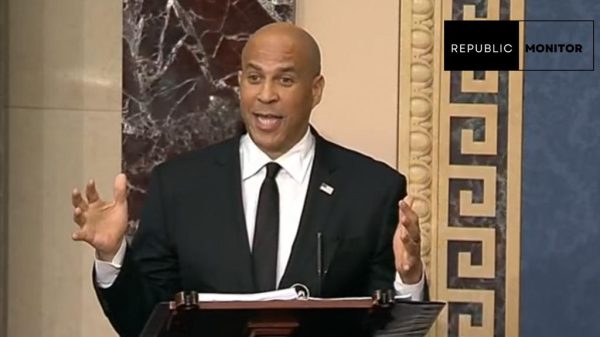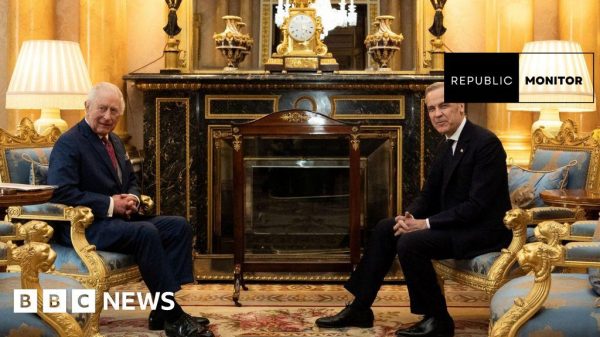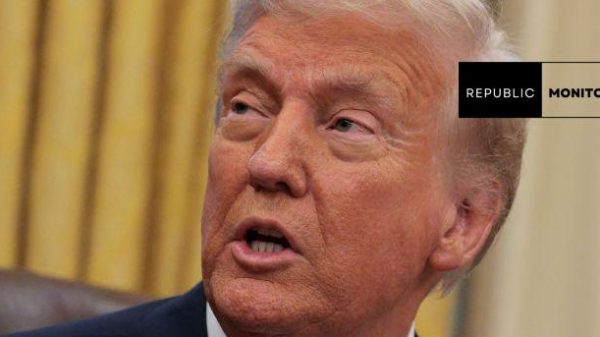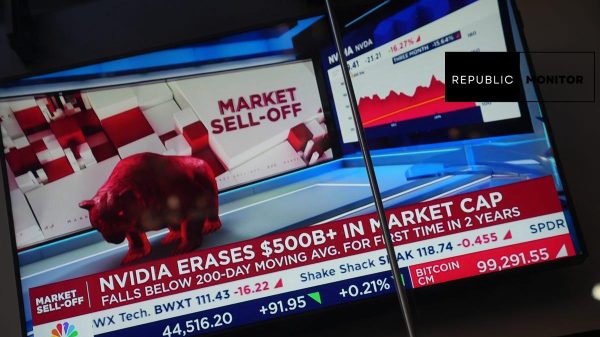The Senate took the first step towards approving roughly $280 billion in government funding on Thursday. A bipartisan plan that would prevent a government shutdown while funding a variety of programmes such as defence, homeland security, and education.
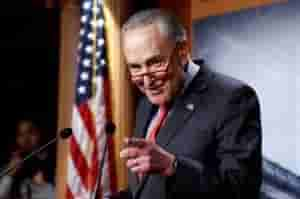
Senate Approves $280 Billion Government Funding Bill with Bipartisan Support
The bill was approved by a vote of 68-32 in the Senate, with 19 Republicans joining all Democrats in support. The bill now moves to the House of Representatives, where it is also anticipated to pass.
The measure offers money for several important programmes, including:
- Defence: The bill would give $782 billion for defence, a $37 billion increase over last year’s level.
- Homeland security: The plan includes $55 billion for homeland security, a $3 billion increase over last year’s level.
- Education: The bill would provide $77 billion in education funding, a $1 billion increase over last year’s amount.
- Healthcare: The plan would give $112 billion in healthcare funding, a $10 billion increase over last year’s level.
A variety of other programmes are also funded by the measure. Transportation, environmental preservation, and veterans’ benefits are all included.
Senate Passes Bipartisan Bill Providing Nearly $280 Billion
The bill’s passing is a welcome respite for lawmakers and government agencies. Which have been running on a series of temporary budgetary measures. Since the start of the fiscal year on October 1st. The bill would give government agencies confidence and allow them to plan for the future.
The bill is also a bipartisan win. A bipartisan committee of senators negotiated the bill. It was also supported by both Democrats and Republicans. This shows that lawmakers are still willing to collaborate on key matters.
The bill’s passage is a great step forward for the country. It will cover the costs of important programmes and services. And also assist to avoid a government shutdown. It also shows that bipartisanship in Washington, D.C. is still feasible.

